It is a widely accepted belief that exiled writers’ benefit from their
uprooting and what is left behind is more clearly seen, while the new abode is
viewed in a much sharper sense, than its indigenes can manage to. It was only
after the Second World War that women novelists transcended gender-related
limitations in their thematic concerns and started writing about a range of
experiences, including the squalid and the terrifying. In Sidhwa’s work, themes
diverge from traditional to contemporary.
Belonging to an urbane Parsi family, Sidhwa benefited from both a
secure cultural identity and a tolerance of other communities at the same time,
by virtue of the absence of dietary and social taboos in Zoroastrianism.
Moreover, though a traditionally sheltered community, young Parsi girls were
not as sequestered as their Hindu and Muslim counterparts in society. Above
all, the Parsis have been all along known to be westernized and pro- British
more than any of their fellow brothers in India. Thus, Sidhwa was exposed to
the norms of hybridization very early in her life, which made her mental and
cultural exile easier to depict in her novels. The physical migration of millions
of uprooted people closely encountered by Sidhwa. She prepared her mind
further to endorse the feelings of the exiled and cement her perceptions through
the eyes of them, who are left in the wilderness. She has drawn extensively on
her communal heritage and benefited from the privileged environment and
cosmopolitan background typical of a wealthy Parsi household.
In the last thirty years there is a vigorous development in thinking about
women and their role in society. For majority of women, their gender has had
some effect on their experiences, and their perceptions of the world. This is
reflected in the nature of the work they produce.
Feminism has become a lightly important issue in contemporary thought
and has resulted in challenging the patriarchal assumption. The application of
new ideas about women to their conceptions has produced extensive discussion
of both how women have been represented in literature and their trend of
writing.
The principal focus of this book is on migrant Pakistani writer, Bapsi
Sidhwa’s cultural fictions which are written from the affective experience of
social marginality, from a disjunctive, fragmented, displaced agency, and from
the perspective of the edge. Excess, trauma, and fragment shape in these
fictions are an attempt to produce an act of reinscribing, of revising and
hybridizing the settled discursive hierarchies by constructing a third space
iv
beyond existing political, social, and cultural binaries; it is a space of
revaluation.
This book makes use of the issue of cultural identity which advocates the
adoption of the viewpoint of people moving in and out of borders constructed
around coordinates of difference and power. Almost all the fictions of Bapsi
Sidhwa concern themselves with the ideas of belonging and the present have
been made unstable because of the displacement enforced by postcolonial and
migrant circumstances. Language, home, memory, and marginalization are
recurring problems throughout the texts analysed and the book focuses upon the
ways in which the fictions speak of, from and across migrant identities and
develop narratives of plurality, fluidity and always-emergent becoming. Many
of the texts also seek to renew severed links among the conflicted, diasporic,
self and the collective, to shape a critically imagined solidarity, a healing, out of
discursive rupture.
Sale
Original price was: ₹1,000.00.₹800.00Current price is: ₹800.00. ₹

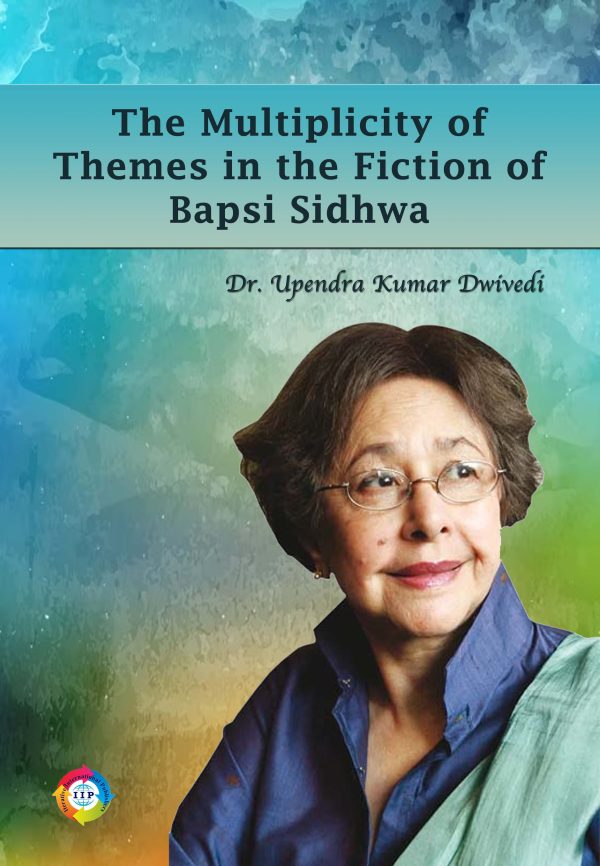
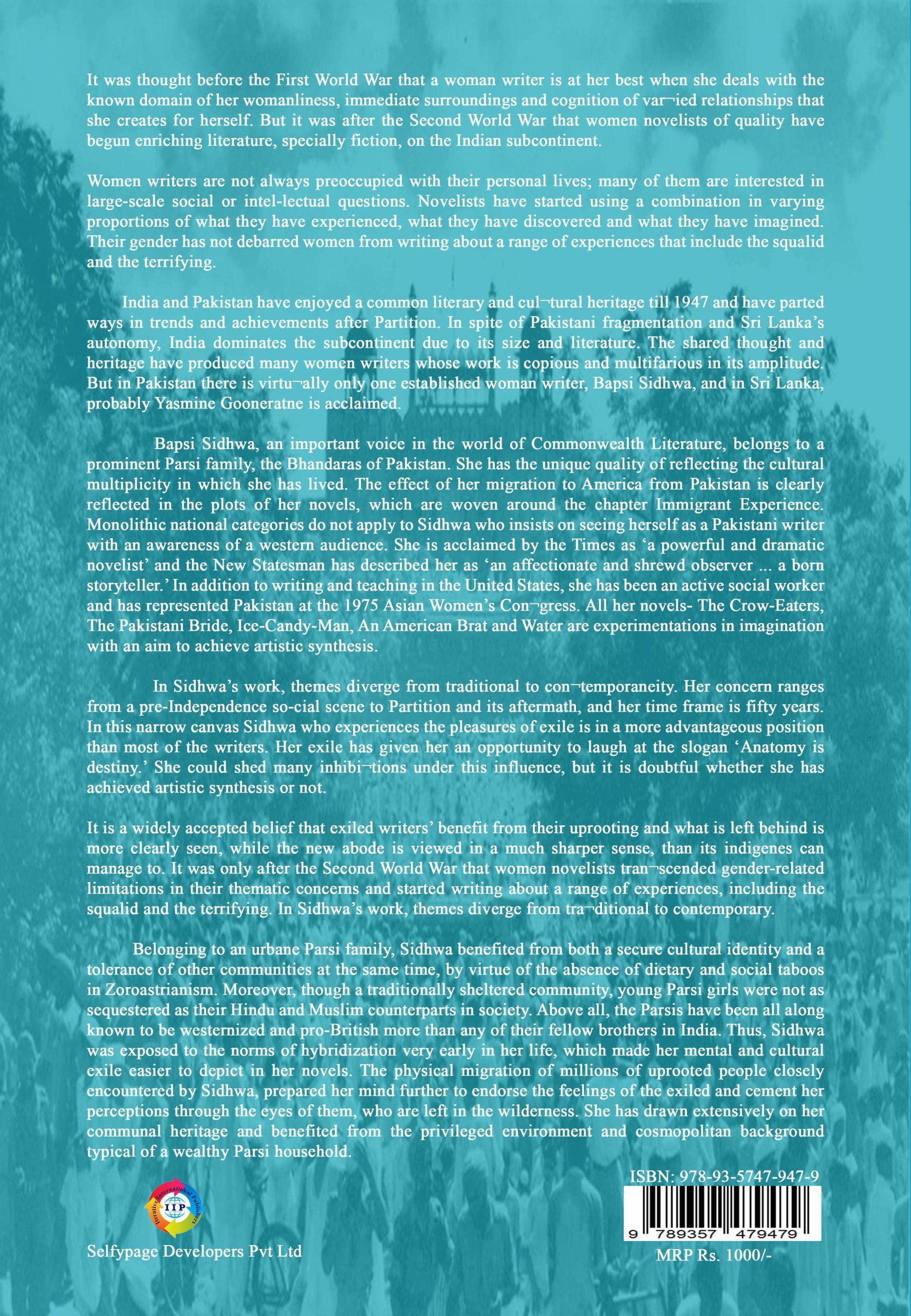
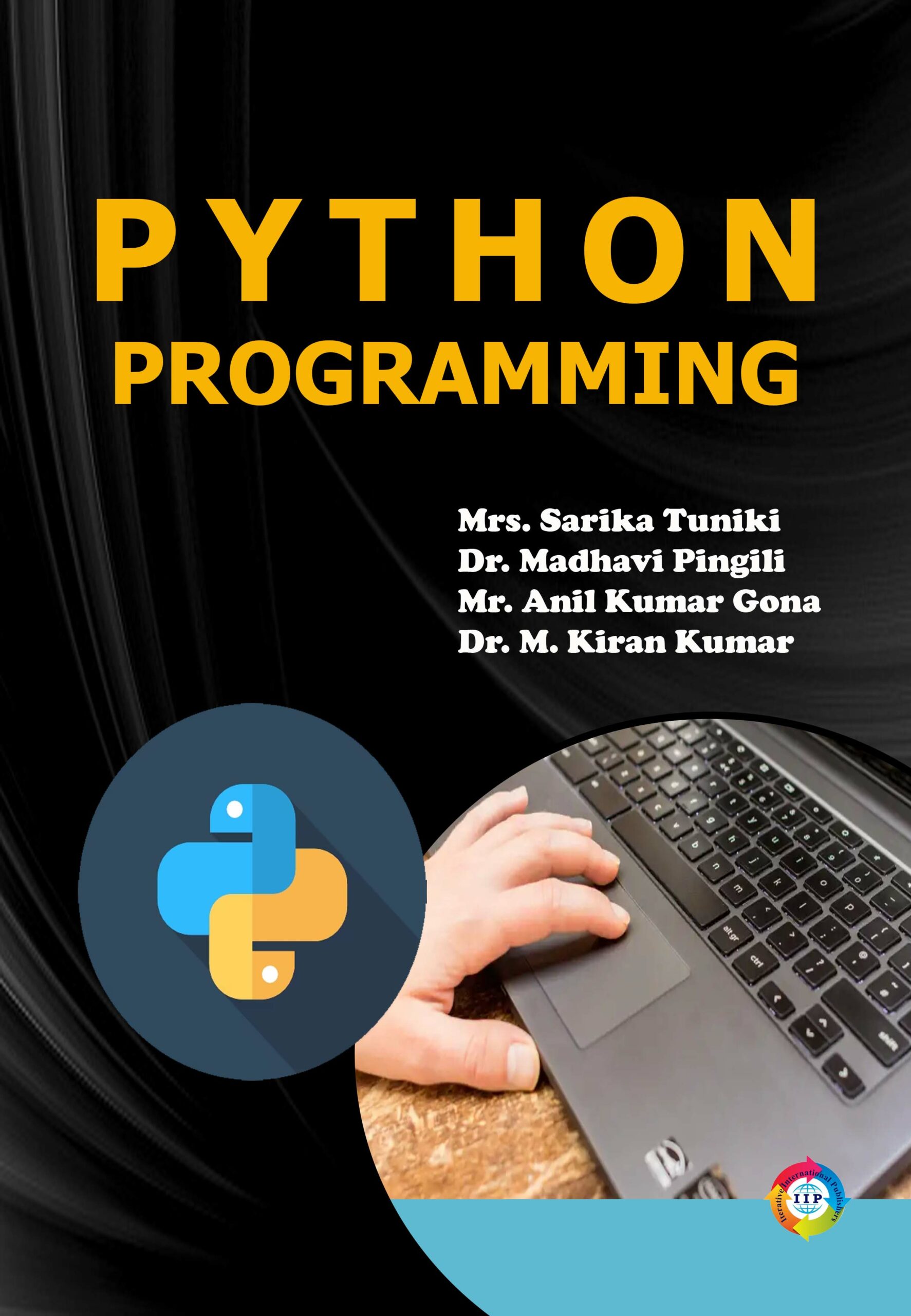



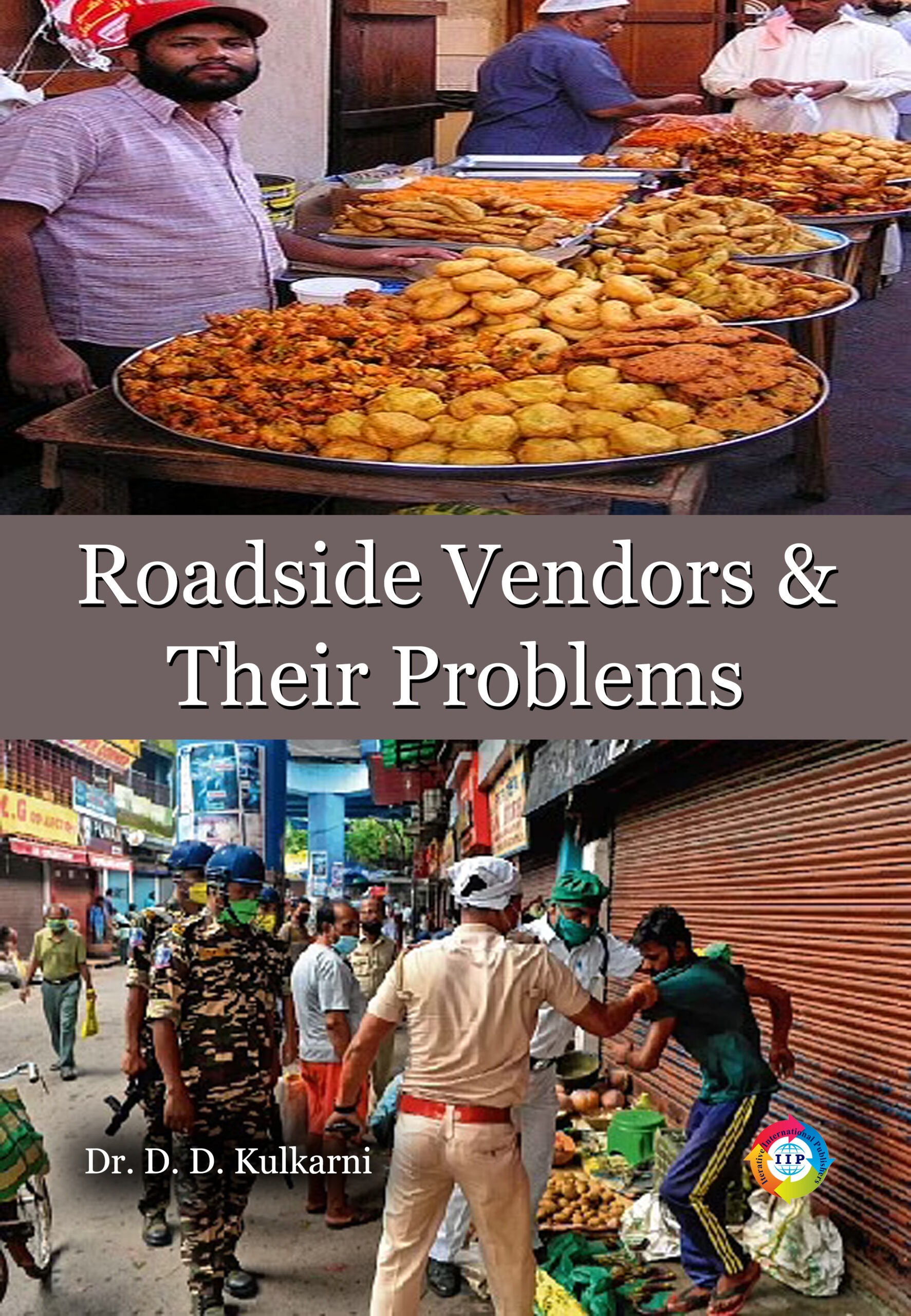
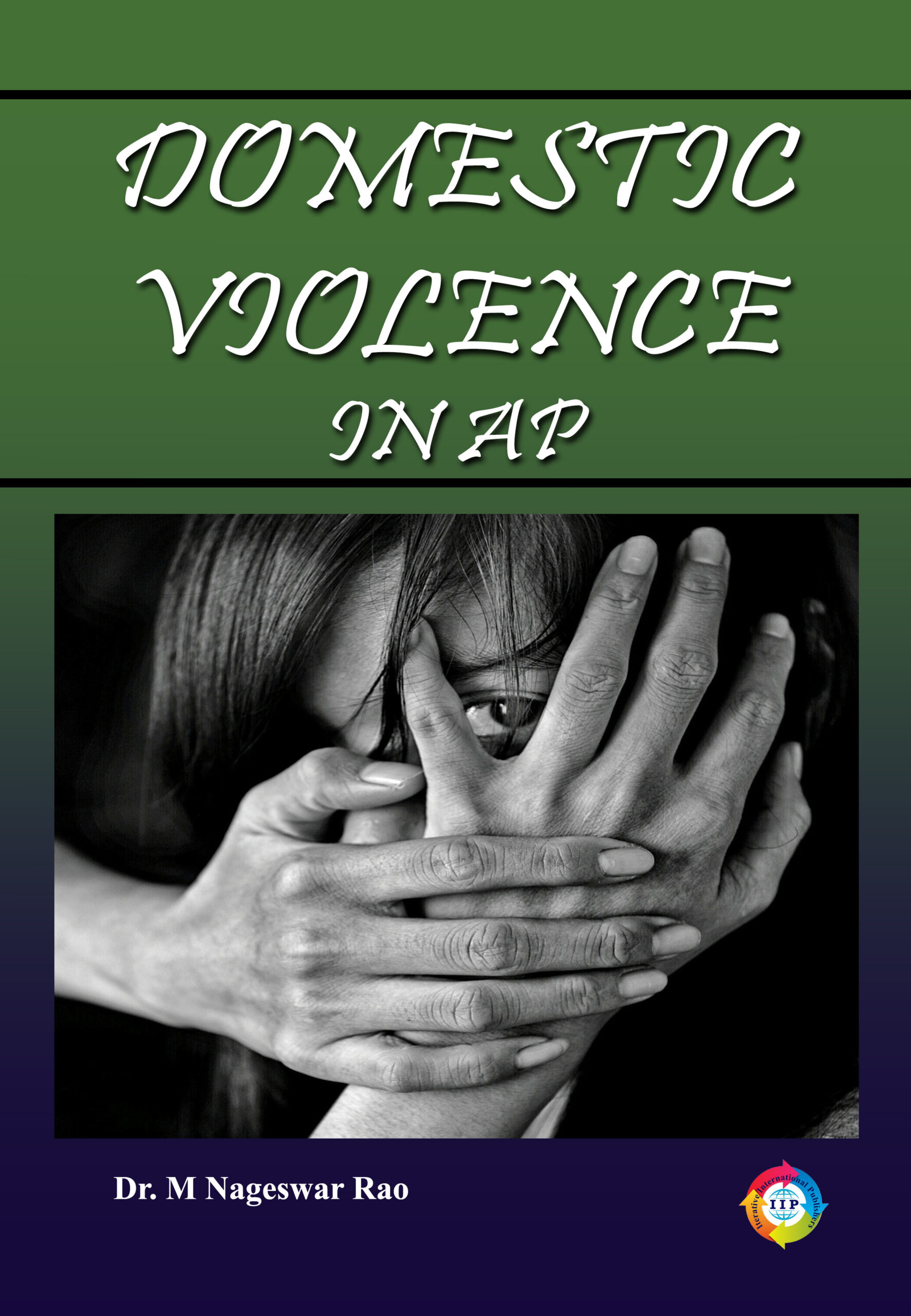
Dr Upendra Kumar Dwivedi –
This book makes use of the issue of cultural identity which advocates the adoption of the viewpoint of people moving in and out of borders constructed around coordinates of difference and power. Almost all the fictions of Bapsi Sidhwa concern themselves with the ideas of belonging and the present have been made unstable because of the displacement enforced by postcolonial and migrant circumstances. Language, home, memory, and marginalization are recurring problems throughout the texts analysed and the book focuses upon the ways in which the fictions speak of, from and across migrant identities and develop narratives of plurality, fluidity and always-emergent becoming. Many of the texts also seek to renew severed links among the conflicted, diasporic, self and the collective, to shape a critically imagined solidarity, a healing, out of discursive rupture.
Dr Priya Dwivedi –
Belonging to an urbane Parsi family, Sidhwa benefited from both a secure cultural identity and a tolerance of other communities at the same time, by virtue of the absence of dietary and social taboos in Zoroastrianism. Moreover, though a traditionally sheltered community, young Parsi girls were not as sequestered as their Hindu and Muslim counterparts in society. Above all, the Parsis have been all along known to be westernized and pro- British more than any of their fellow brothers in India. Thus, Sidhwa was exposed to the norms of hybridization very early in her life, which made her mental and cultural exile easier to depict in her novels. The physical migration of millions of uprooted people closely encountered by Sidhwa. She prepared her mind further to endorse the feelings of the exiled and cement her perceptions through the eyes of them, who are left in the wilderness. She has drawn extensively on her communal heritage and benefited from the privileged environment and cosmopolitan background typical of a wealthy Parsi household.
Dharmendra Dwivedi –
Feminism has become a lightly important issue in contemporary thought and has resulted in challenging the patriarchal assumption. The application of new ideas about women to their conceptions has produced extensive discussion of both how women have been represented in literature and their trend of writing.
Dharmendra Dwivedi –
Belonging to an urbane Parsi family, Sidhwa benefited from both a secure cultural identity and a tolerance of other communities at the same time, by virtue of the absence of dietary and social taboos in Zoroastrianism. Moreover, though a traditionally sheltered community, young Parsi girls were not as sequestered as their Hindu and Muslim counterparts in society. Above all, the Parsis have been all along known to be westernized and pro- British more than any of their fellow brothers in India. Thus, Sidhwa was exposed to the norms of hybridization very early in her life, which made her mental and cultural exile easier to depict in her novels. The physical migration of millions of uprooted people closely encountered by Sidhwa. She prepared her mind further to endorse the feelings of the exiled and cement her perceptions through the eyes of them, who are left in the wilderness. She has drawn extensively on her communal heritage and benefited from the privileged environment and cosmopolitan background typical of a wealthy Parsi household.
Vinay Mishra –
Literally ,the way he has explained is simply superb.
Unmatched
Daniela Vivacqua –
A very interesting book about a great writer, beautifully written by a dedicated scholar.I highly recommend this book
Diksha bhardwaj –
This book is different from what I read normally. It’s very nice 👍.I really appreciate Dr upendra kumar dwivedi for ths great work.